Mounted combat offers a lot of benefits in Elin, to the point that some builds will be entirely dependent on mounts, summons, and companions to fight for them. At the same time, it isn’t immediately explained how mounts work or what benefits they give you.

Related
Elin: How To Get The Ether Antibodies Potion
Ether disease is a crucial mechanic in Elin. Learn everything you need to know about this illness and how to take care of it in this guide.
This guide will cover how to obtain mounts as well as what creatures make for the best steeds in battle. The majority of them are fully actualized people and not farm animals but occasionally you’ll be able to ride a quadruped into battle without worrying about the implied relationships and power dynamics of mounting your friends.
The game is in Early Access, so this guide might be updated in the future as the game gets further developed.
How To Use A Mount
Before you can use a mount you’ll need to obtain the Riding skill. This is available by default to some starting classes, such as the farmer. Most players will need to head to the trainer in the Tinker’s Camp and fork up some platinum coins.
Once you’ve gained the skill, it’ll appear on your ability bar. Simply activate the skill on a friendly character and you can ride them. This works on pets, villagers, and plot-relevant companions. Your mount will be counted towards your maximum number of companions, but the game will warn you if your party is too large for your current charisma.
If you don’t have a suitable starting mount, the animal tamer in Yowyn sells horses for a few thousand Oren. Animal tamers can also sell more exotic mounts such as carbuncles and dinosaurs.
How Do Mounts Work
The Ride ability doesn’t give a lot of information on what you gain from a mount, either in travel or combat. Some details for how the ability works are intuitive and others you need to derive from closely comparing the attributes of both you and your steed when mounted and dismounted.
- When mounted, you’ll use the speed attribute of your mount, with a penalty for low riding skill. This applies both in combat and during overworld travel.
- Your mount will be attacked first in most cases.
- Your mount is still able to use their attacks and abilities, but their movement is controlled purely by you. They can’t use rush or any abilities that would forcibly reposition you.
- Single target spells will target both of you such as healing spells and buffs.
- If your mount is defeated they will faint instead of dying. They can be revived with healing or by waiting a few moments out of combat.
- You inherit certain traits from your mount, such as the ability to float over traps if they have levitation.
To change the visuals of your mount, you can use a hitching post. By default everything you mount becomes a horse.
There are also drawbacks to riding a mount, though they are negligible in comparison:
- The mount’s movement being locked to yours means that it cannot take any actions while you are commanding it to move. Each move is essentially eating both of your turns.
- Both you and the mount will take penalties for accuracy, speed, and cast failure rates. These are reduced as you level up the riding skill, with more advanced mounts needing a higher level to eliminate the penalties.
- You lose certain traits if your mount doesn’t have them. A winged character can’t fly while riding a horse.
The symbiosis skill operates like riding but in reverse. The character you ‘host’ will become attached to you, become less likely to be attacked and will share some buffs. The symbiote character will act based on your speed and not that of your mount.
What Makes A Good Mount
There are a few considerations for what makes a good mount. Durability and speed are the main qualities to search for but you also want them to complement your playstyle.
- A mount that can take a lot of punishment can compensate for a rider lacking in life.
- A speedy mount can increase the number of actions your character takes for each opponent’s action. Speed is a difficult stat to raise on your main character, so a mount with naturally high speed is a good force multiplier.
- Your mount should have a similar attack range to you: A melee mount will be unable to attack properly if you’re focused on archery and vice versa.
Some mounts has a hidden attribute that reduces their speed when acting as a mount. When mounting, if the message “this creature is too weak to carry you” appears you’ll find it’s speed stat is severely reduced. This is mostly applied to creatures that it would be gamebreaking to use as a mount otherwise, such as the silver bell with its 300 speed and immunity to most damage.
Alongside the animal tamers, there are a few different ways of getting mounts:
|
Mount Type |
Uses |
|---|---|
|
Starting Villagers |
Loytel doesn’t really make a good mount but will help you grind the skill and fills an early party slot. |
|
Adventurers |
With an affinity over 75, you’ll gain an option to recruit most characters you encounter, but will also need a charisma above their highest attribute. Find any adventurer with a simple interest and give repeated gifts until they’ll agree to anything. |
|
Captured Monsters |
Beasts will have fewer equipment slots than more humanoid mounts, requiring you to use gene engineering to augment their abilities. There’s an intuitive sense that a lightning drake probably makes for a good steed. |
|
Divine Apostles |
Most deities award a powerful party member when you reach enough piety with them. Since they’re recruited automatically, you don’t need to fuss with grinding skills and attributes. Some work well as mounts, while others do better as parasites. |
Recruitable NPC adventurers and unique characters will require you to win a duel before they’ll join you. They’ll bring a team of equal size to yours, but you can ignore their team and focus on damaging them.
Good Example Mounts
If you’re looking to set a target for yourself, these characters are all consistently recruitable and perform well in one of the things we want a mount to do:
|
Mount |
Role |
Details |
How To Obtain |
|---|---|---|---|
|
Golden Knight Aliga |
Tank |
The golden knight’s feats make them highly resistant to damage. They have a variant of the Opatos worship benefit that reduces all damage they take. Paired with the Earth Hammer’s ability to double her health, she becomes a very durable steed. |
Both the hammer and the golden knight herself are piety rewards from Opatos. To get this much piety, you’ll need to sacrifice a good deal of ores at shrines. The quantity of ore appears to matter more than the rarity. |
|
Steel Dragon Corgon |
Tank |
With both a breath attack and the ability to taunt, they’ll do a great job of keeping enemies away from your squishier party members. |
This companion is rewarded for progressing Loytel’s questline. You’ll encounter them while developing Vernis and exploring the mines. |
|
Carbuncle |
Speed/Spellcaster |
The carbuncle is a great spellcasting pet with a high base speed but not high enough to be given the penalty for super-fast mounts. They don’t have good endurance innately but their healing magics extend the durability of an entire party. Since your mounted carbuncle will faint instead of dying, your party will always have a healer who can cast resurrection. |
Carbuncles can be obtained from animal tamers. You can find two tamers together on the second floor of the Fortune Bell. |
|
Maiden of Blades Misaki |
Tank/Speed |
Misaki’s unique feat Celestial Fox gives her increasing speed, life, and damage resistance the higher her level gets. Each tail she grows takes more investment but if you’re patient she’ll become one of the strongest mounts in the game. Adjust her equipment permissions to ensure she doesn’t equip a speed-debuffing waist gear. |
One of the stronger NPCs you can recruit to your village, you’ll need a sizable charisma to woo her. She is found tending the shrine of Horome in Nefu Village. |
How To Upgrade Your Mount
There are a few different tricks you can use to make a good mount even better, and some of them are applicable to your pets and party members more broadly.
- Good equipment is an obvious starting point. What equipment your mount can use will vary with their body type. A quadruped can wear two sets of shoes while still having hands to wield a sword and shield.
- Blessing a potion of mutation, by mixing it with blessed water, gives a potion that guarantees a positive mutation. Throw a few of these at your mount and they’ll be faster, stronger, and more resistant to most forms of damage.
- Ether disease can be given to your mount by equipping them with ether equipment or hitting them with ether spells. Giving your mount ether wings and hooves is a great way of increasing their speed, though you’ll need a supply of antidotes for any negative symptoms.
- The spell Broomification gives a creature extra speed at the cost of lowering attributes and resistances. Its duration will not expire while you’re riding the broom, making it a great buff to cast on your mount.
- The fewer equipment slots a creature has the more gene editing slots it will get instead. Any mount will move faster after gaining a fluffy tail and better protect you if given extra defensive skills.
- The spell Broomification gives a creature extra speed at the cost of lowering attributes and resistances. Its duration will not expire while you’re riding the broom, making it a great buff to cast on your mount.
Broomification appears to have a negative interaction with Misaki and some other mounts, suppressing their native speed bonuses. It’s best used on characters that don’t have a high base speed.
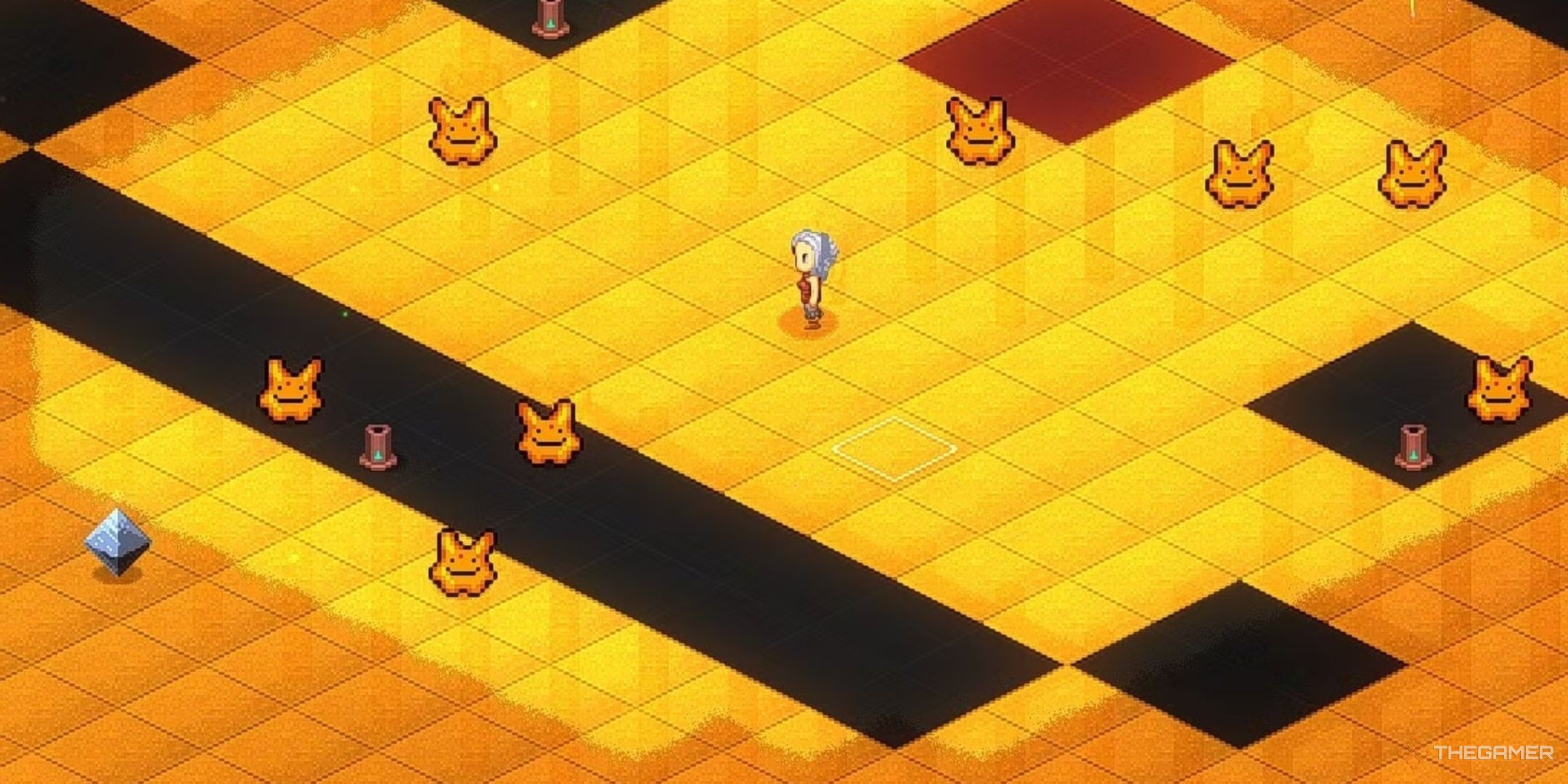
Next
If you’re starting Elin, you shouldn’t miss these tips on HUD options, equipment, inventory management, how to interact with NPCs, and more.
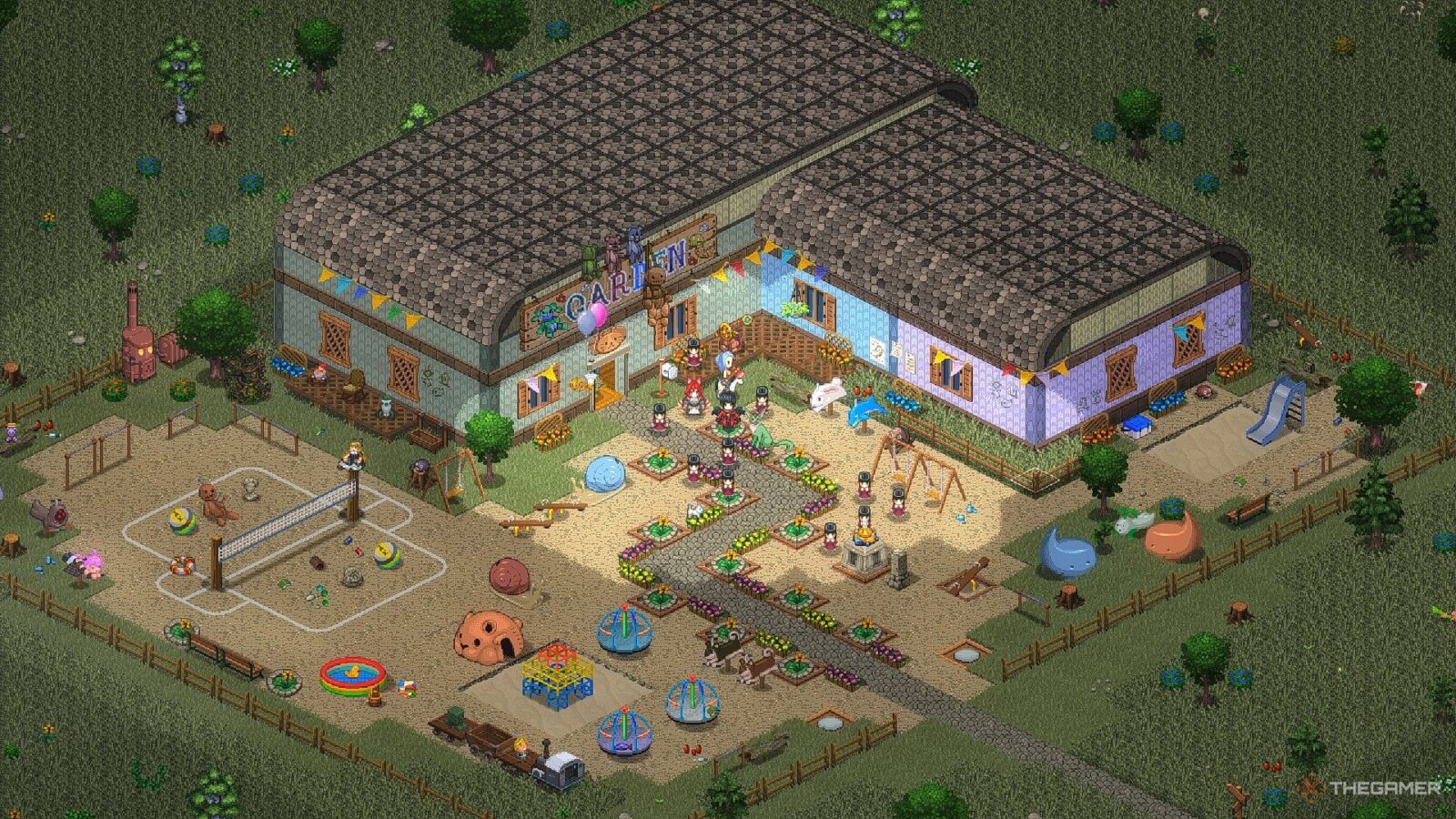
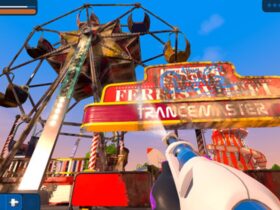
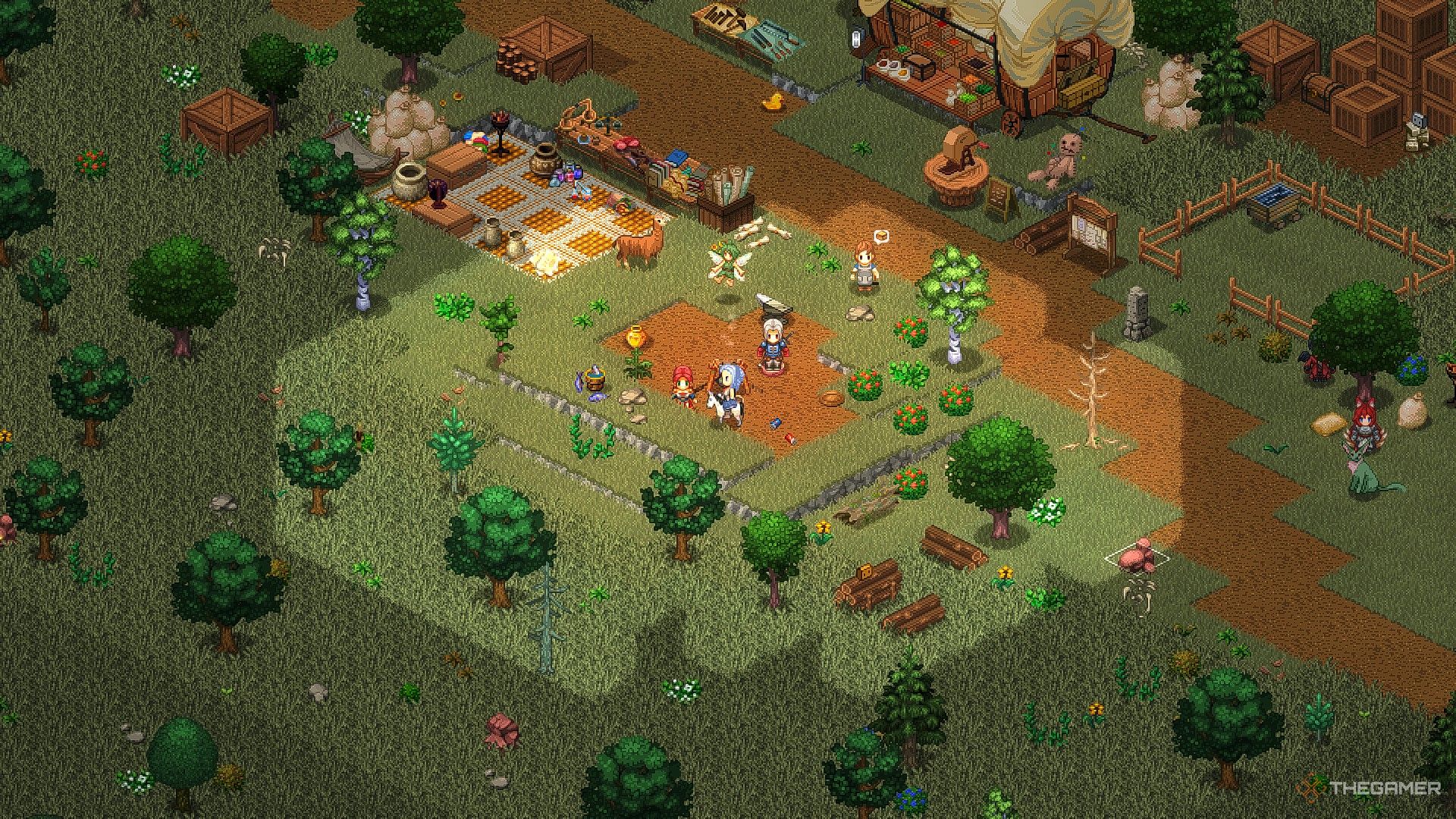
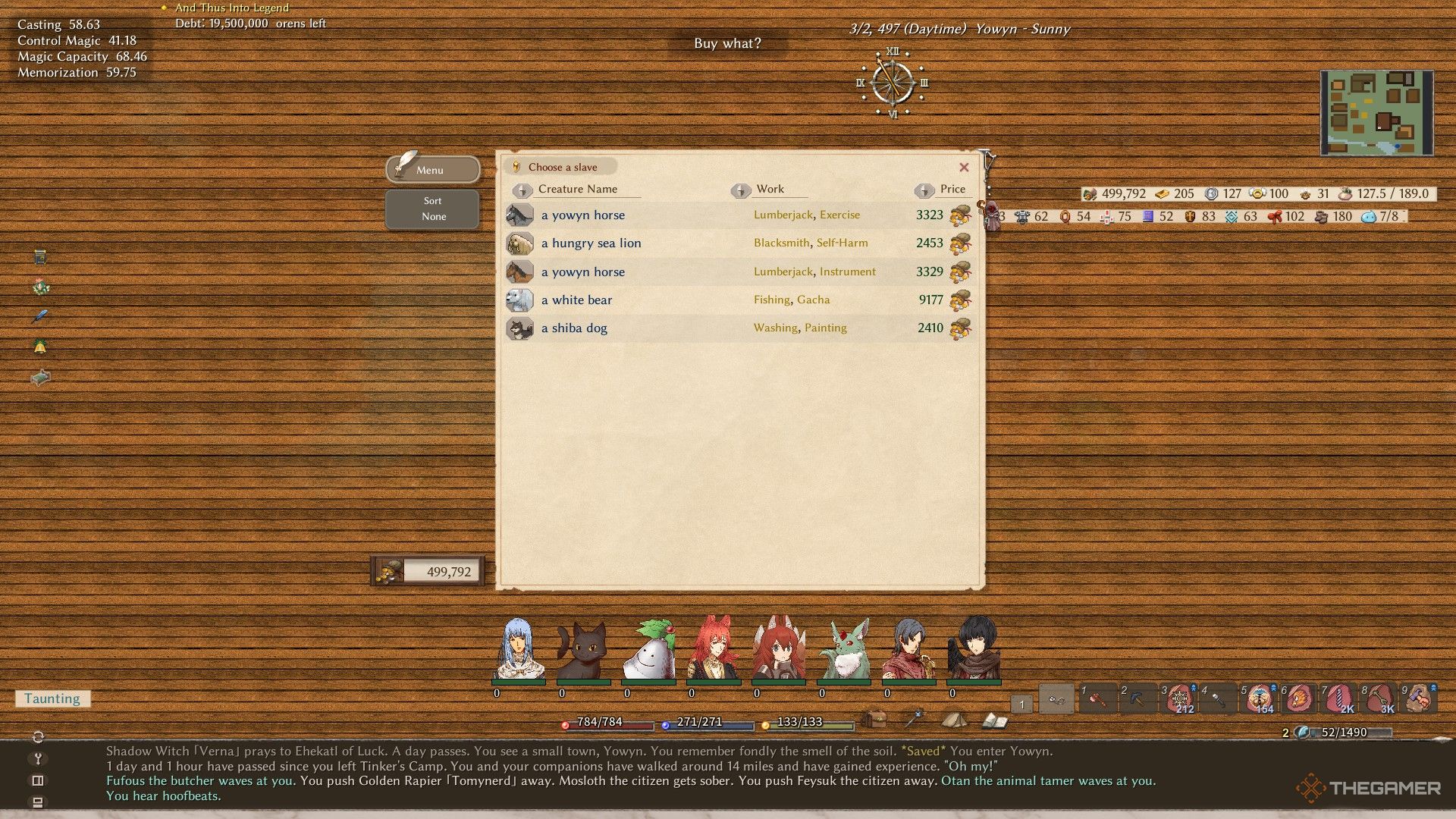
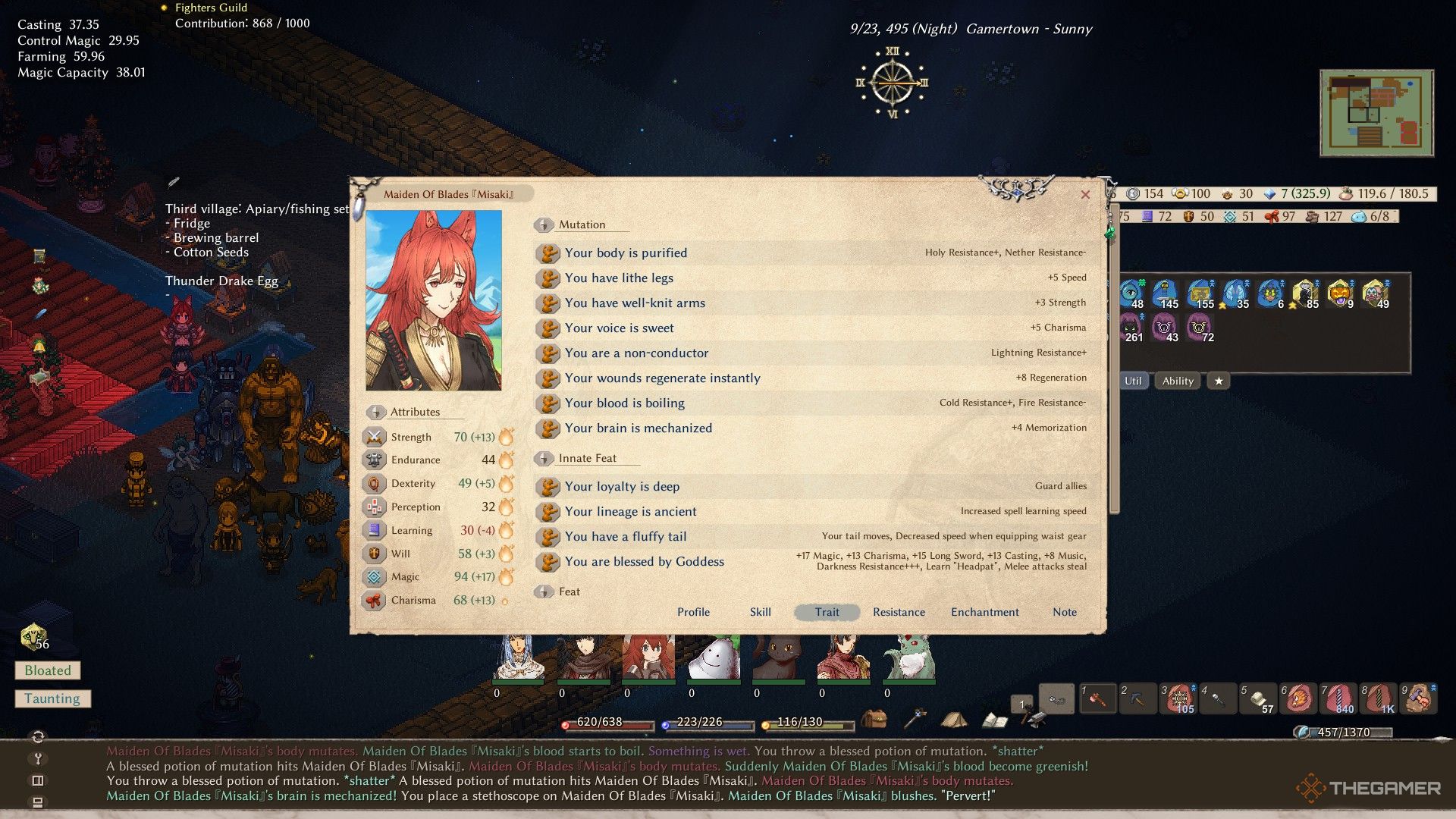
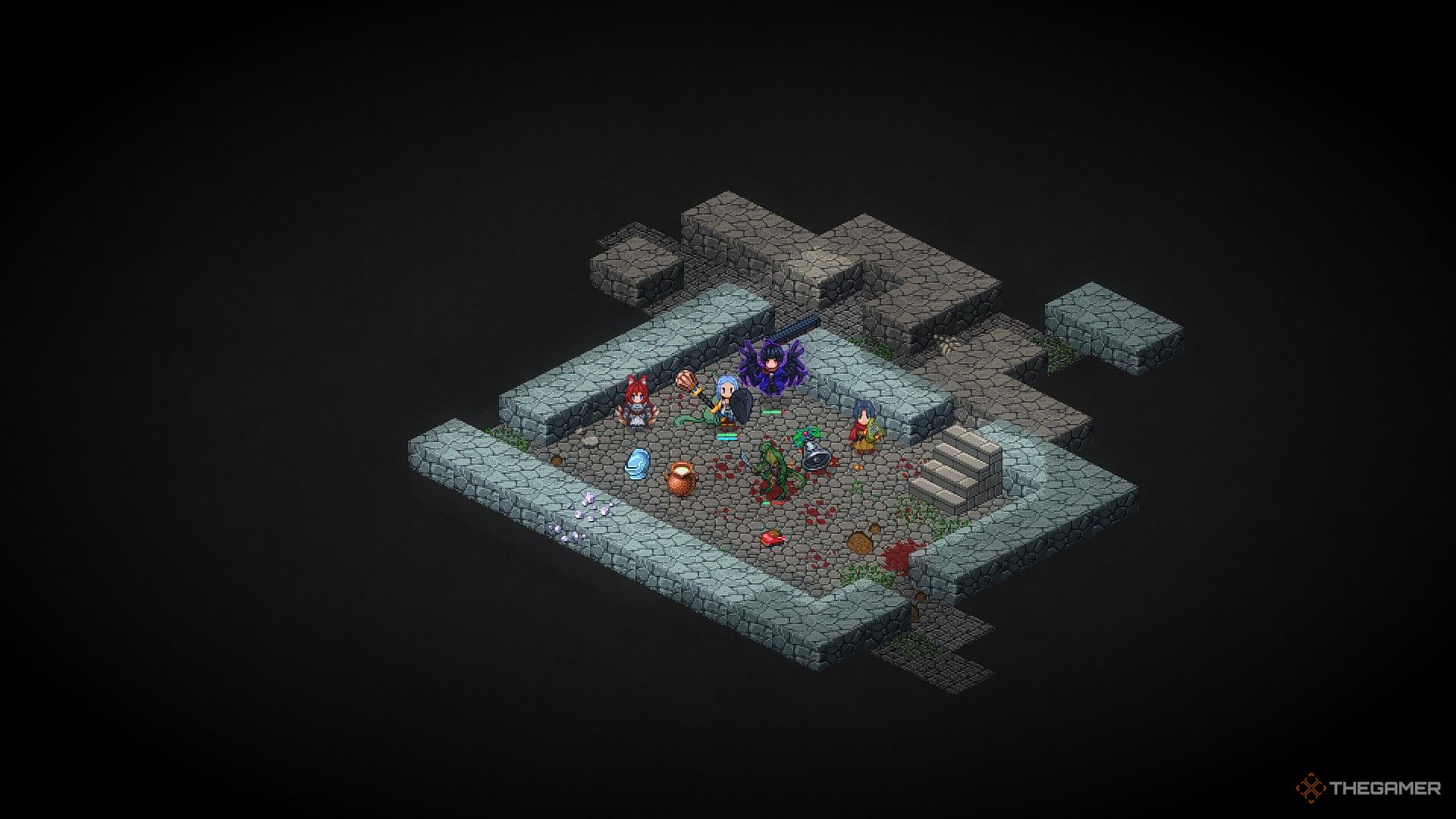
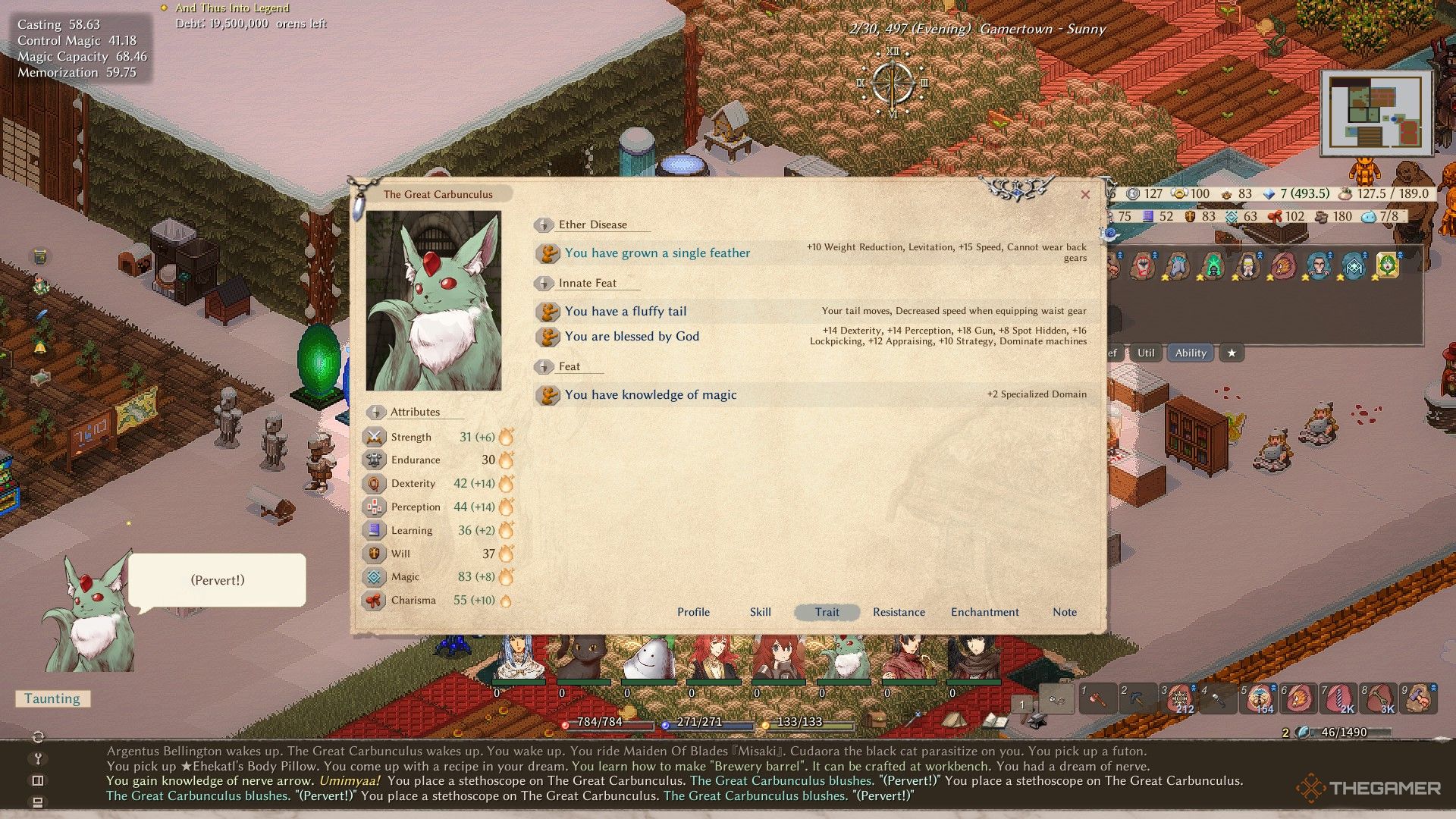



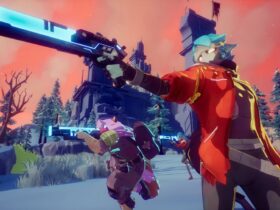

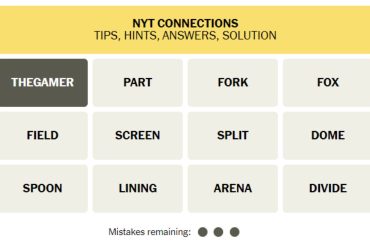


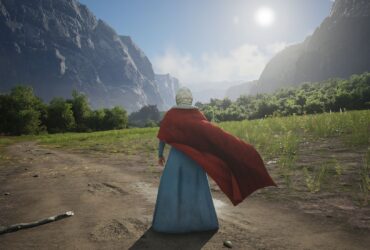

Leave a Reply